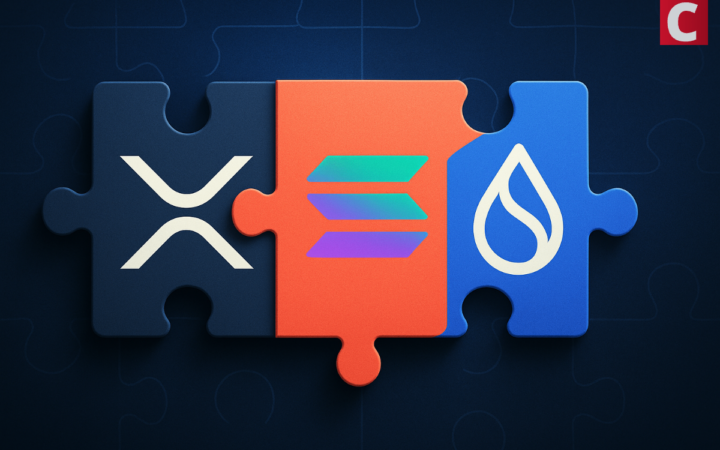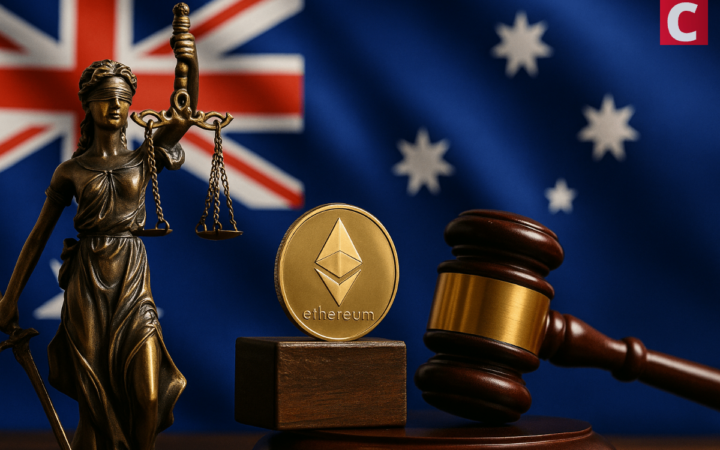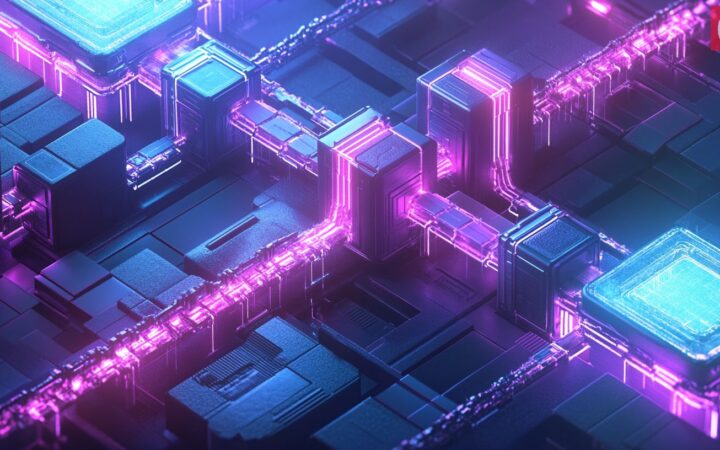In a recent broadcast, China Central Television (CCTV), the dominant state-controlled broadcast company announced in an hour-long broadcast that “the value of blockchain is 10 times that of the internet”, and that blockchain is the next significant global technological revolution, exceeding the importance of the Internet, according to Quartz which analyzed the implications for China and beyond.
This groundbreaking newscast included Chinese government officials, as well as Don Tapscott, a well-known Canadian author of the book Blockchain Revolution. China’s position on blockchain may surprise outsiders because the country historically held a very skeptical, if not overtly hostile view of cryptocurrency. In the last year, China banned crypto exchanges and initial coin offerings. They also curtailed crypto mining.
Around the same time, Hong Kong’s Securities and Futures Commission issued a warning to investors that tokens issued via ICO may be classified as securities, and that the Commission is “concerned about an increase in the use of ICOs to raise funds in Hong Kong and elsewhere.”
However despite proceeding with extreme caution on cryptocurrency, technology experts and cryptocurrency advocates in China were pleased with the country’s pro-blockchain perspective and its potential for the world’s largest country by population, specifically citing the three main points of the televised presentation: “Blockchain is the second era of the Internet” (Don Tapscott, author of “Blockchain Revolution”), “The value of blockchain is 10 times that of the Internet” (Stanford physics professor and founder of Danhua Capital Zhang Shoucheng), and “Blockchain is the machine that produces trust.”
Xi Jinping, president of China, spoke in May 2018 about the potential breakthrough technologies that blockchain could produce, including applications in artificial intelligence. “A new generation of technology represented by artificial intelligence, quantum information, mobile communications, internet of things, and blockchain is accelerating breakthrough applications,” Xi said, via a translator.
MATRIX AI Network and Other Chinese Companies Leading the Way
MATRIX AI Network, a company registered in Hong Kong, is launching an intelligent, open-source, new generation blockchain that aims to solve major challenges currently constraining the development and adoption of blockchain technology. MATRIX leverages the latest artificial intelligence (AI) technology to deliver an easier, safer, faster and more flexible blockchain.
“In addition to AI experts, we also gathered experts in distributed computing who understood network architecture, topology, and latency. We wanted the team to bring fresh eyes to how blockchain had developed to date, and innovate from there,” says MATRIX AI Network Chief AI Scientist Steve Deng.
The results, to date, have been impressive, with MATRIX AI Network recently confirming that system throughput speeds exceed 50,000 transactions per second (TPS).
In addition to faster and more efficient transaction processing, MATRIX differentiates itself from previous blockchains by offering breakthrough technologies in building AI-enabled autonomous and self-optimizing blockchain networks, featuring multi-chain collaboration and decoupling of data and control blocks. With the successful completion and release of its Testnet in October 2018, the MATRIX Main Network is scheduled to go online on December 30, 2018.
China appears to be lending support to other domestic companies with promising blockchain technology including NEO, a blockchain platform and cryptocurrency designed to build a scalable network of decentralized applications and QTUM, a blockchain technology that bridges Ethereum’s smart contracts on top of Bitcoin’s stable blockchain while using proof of stake for verification.
Implications for China
The discussions and presentations made it clear that China is angling to become an epicenter of innovation. Beijing, Shanghai, Shenzhen, Hangzhou, Guangzhou and Hong Kong are all trying to attract blockchain startups and become a laboratory for FinTech innovation.
However, critics are concerned that blockchain technology will still be unable to be used in China for cryptocurrency applications. Critics state that prohibiting and/or regulating the use of cryptocurrencies in China, but embracing blockchain, indicates that the foundation of blockchain technology is being misused; meaning that the fundamental idea behind blockchain encourages a free market without government interference, which may diverge from China’s interests.
Of interest, media outlets are reporting that the People’s Bank of China governor Yi Gang supports cryptocurrency, which could be a reason for the country’s embrace of blockchain technology. China is ahead the rest of the world when it comes to using digital currency on a daily basis. Even vending machines in China are equipped with the technology to accept a payment from a scanned code on a person’s phone.
In 2017, a conference titled (note, this is translated to English from Chinese) “2017 Trustworthy Blockchain Convention” was held in China, where government officials discussed their plans for instituting a standardized blockchain into the Chinese economy. Also discussed were ideas about effective regulation of the technology.
One trader and technology insider speculates that China is embracing blockchain technology to reap financial rewards. For instance, each cryptocurrency transaction made results in fees generated for any transaction and/or transfer of the currency. If the Chinese government creates its own cryptocurrency, the government itself could potentially benefit tremendously from any fees associated with the transfers and transactions.
China Embarks on Blockchain Technology Research
In January 2018, at the World Economic Forum Annual Meeting, discussions online and in person took place that illuminated the ideas and the future of blockchain in China. One article from the Annual Meeting argued that since blockchain technology is difficult to understand, policies are being outlined to provide guidance for industry executives and investors alike.
In September 2017, the Trusted Blockchain Open Lab was launched in China. This research facility was launched by the China Academy of Information and Communications Technology (CAICT), a research arm under the Ministry of Industry and Information Technology umbrella. The purpose of this lab is to research and develop blockchain technology in China under general use. It will not address how blockchain is utilized in cryptocurrency, and it will not look at the blockchain uses in the cryptocurrency exchange markets.
Government Regulatory Guidance
Also discussed at the World Economic Forum was the idea that the world is on the brink of a Fourth Industrial Revolution, as evidenced by the work of Professor Klaus Schwab, Founder and Executive Chairman of the World Economic Forum. His book, ‘The Fourth Industrial Revolution’ details how he believes that “…we are at the beginning of a revolution that is fundamentally changing the way we live, work and relate to one another.”
As China readies itself for the Fourth Industrial Revolution, it appears necessary to utilize blockchain technology to ensure the highest security of digital technology. For example, some experts believe that China is poised to develop work between blockchain experts and established data and technology companies to integrate blockchain technology into a wider scope. Government regulation is essential to integrating blockchain technology into everyday uses.
As China embarks on its own blockchain technology journey, it will be important to keep an eye on regulations, policies, and general uses for the technology outside of cryptocurrencies.
Disclaimer: Coinspeaker is committed to providing unbiased and transparent reporting. This article aims to deliver accurate and timely information but should not be taken as financial or investment advice. Since market conditions can change rapidly, we encourage you to verify information on your own and consult with a professional before making any decisions based on this content.

David King is a freelance technology writer living in New York City specializing in privacy, blockchain and FinTech.





